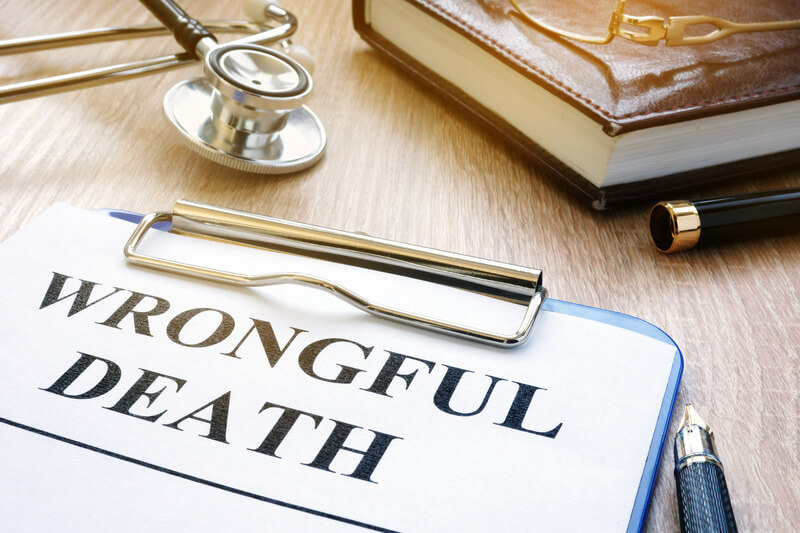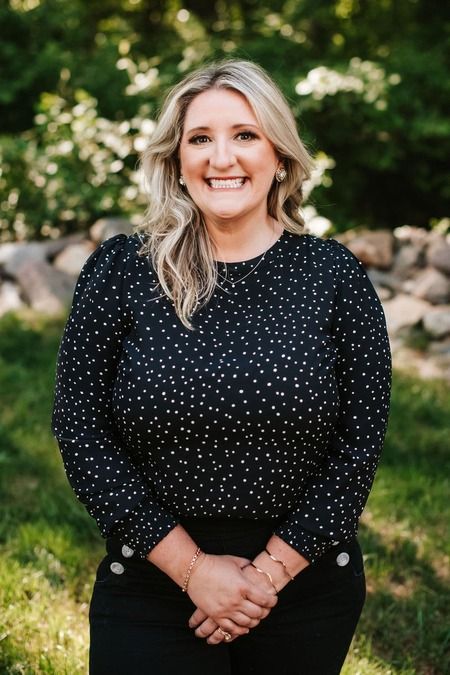Brooke graduated from the University of Richmond School of Law after receiving her undergraduate degree from the University of North Carolina at Chapel Hill. Brooke worked for five years in private practice with a law firm specializing in insurance defense litigation before becoming the trial litigator for Allstate Insurance Company in the metro Richmond area.
Losing a loved one is an incredibly challenging experience, made even more painful when it happens due to the reckless actions of another.
If you’re grappling with the aftermath of a drunk driving accident that resulted in the tragic loss of a family member, you may be wondering about your legal options.
At River Run Law in Virginia, we understand the complexity of such situations and are here to offer guidance and support during this difficult time. Don’t navigate this journey alone.
Contact us today for a confidential consultation to explore your legal rights and seek the justice your loved one deserves.
Understanding Wrongful Death in Virginia
A person’s death caused by the wrongful act, neglect, or fault of another party is considered a wrongful death in Virginia.
Situations causing a wrongful death include car accidents caused by drunk driving. The purpose of a wrongful death claim is to seek compensation for the losses suffered by the deceased person’s family members as a result of their untimely death.
This type of claim addresses the financial, emotional, and legal ramifications of a preventable loss of life. It supports the surviving family members, holds negligent parties accountable, promotes safe communities, and offers a path toward healing and closure in the aftermath of tragedy.
Who Can File a Wrongful Death Claim in Virginia?
According to Virginia Code § 8.01-50, the personal representative of the deceased person’s estate may file a wrongful death claim for certain eligible family members and representatives depending on their relationship to the deceased. In Virginia, the following parties are generally eligible to file a wrongful death claim.
The Personal Representative of the Deceased
Typically, the personal representative of the deceased person’s estate is the one who files the wrongful death claim on behalf of the surviving family members. This representative is usually named in the deceased person’s will or appointed by the court.
Immediate Family Members
Surviving spouses, children (including adopted children), and parents of the deceased may also be entitled to recover damages through a wrongful death claim. These family members may not file the claim themselves but may benefit from any compensation awarded in the claim.
It’s important to note that the personal representative files the claim on behalf of all eligible family members and distributes any damages recovered among them according to Virginia law.
Understanding the Statute of Limitations
In Virginia, the statute of limitations for filing a wrongful death claim is generally two years from the date of the deceased person’s death. In other words, you have limited time to initiate legal action against the responsible parties for the wrongful death.
It’s crucial to adhere to the wrongful death statute of limitations and file your claim within the prescribed time frame. Failing to do so may result in the forfeiture of your right to pursue legal action and seek compensation for your loss.
Amid the grieving process, it may be difficult to even consider the stress of pursuing legal action, but two years can pass quickly. If you’re considering filing a wrongful death claim, it’s advisable to consult with an experienced attorney who can provide guidance and assistance throughout the legal process.
Liability in Drunk Driving Accidents
In a drunk driving accident resulting in wrongful death, liability may extend beyond just the intoxicated driver. Determining liability in a drunk driving accident resulting in wrongful death requires a thorough investigation of the circumstances surrounding the incident.
An experienced attorney can help identify all potentially liable parties and hold them accountable for their actions. Several parties can be held accountable for the tragic loss of life.
The Intoxicated Driver
The most obvious liable party in a drunk driving accident is the intoxicated driver. Driving under the influence of alcohol or drugs is a clear violation of the law and demonstrates negligence.
Vehicle Owners – Negligent Entrustment
If someone other than the driver, such as a friend or family member, owned the vehicle involved in the accident, they may also be liable under certain circumstances.
For example, if the owner entrusted their vehicle to someone they knew was intoxicated or unfit to drive, they could be considered negligent.
Employers
If the intoxicated driver was operating a vehicle for work purposes at the time of the accident, their employer may also share liability for the wrongful death.
Liability could occur if the employer failed to properly screen employees for driving under the influence or allowed them to operate a vehicle despite knowing about their history of substance abuse.
Why You Need an Attorney
Navigating the legal complexities of a wrongful death claim can be overwhelming, especially when you’re grieving the loss of a loved one after a preventable accident.
An experienced attorney can provide invaluable support by:
- Explaining your rights and legal options,
- Gathering evidence to support your claim,
- Negotiating with insurance companies and other parties on your behalf, and
- Representing you in court if necessary.
At River Run Law Firm, we are committed to advocating for the rights of families who have lost loved ones due to drunk driving accidents.
Our compassionate team understands the emotional and financial toll of such tragedies and seeks to help obtain the justice and compensation you deserve.
Seeking Justice for Your Loved One? Contact Us Today.
If you have lost a family member in a drunk driving accident in Virginia and believe you may have grounds for a wrongful death claim, don’t hesitate to reach out to our team at River Run Law.
Our experienced drunk driving accident lawyers are here to provide the compassionate legal guidance and support you need during this challenging time.
Contact us today for a free confidential consultation to discuss your case.
Where You Can Find Our Richmond Office



